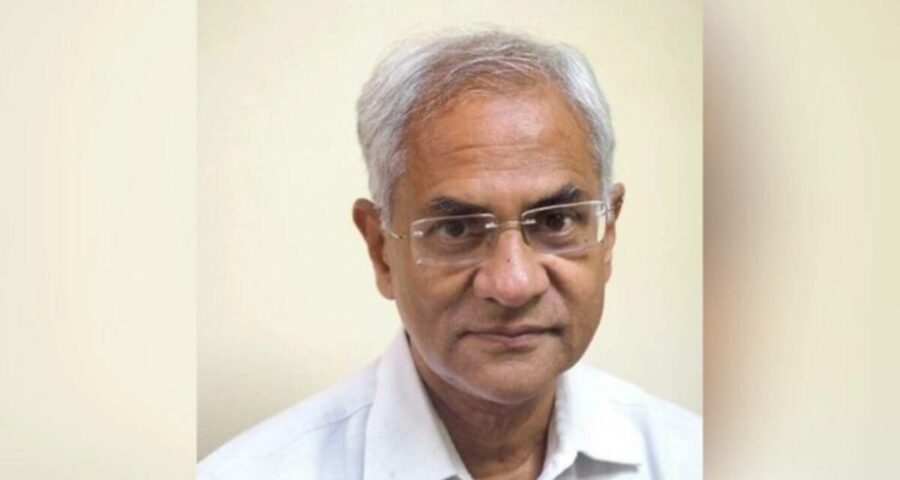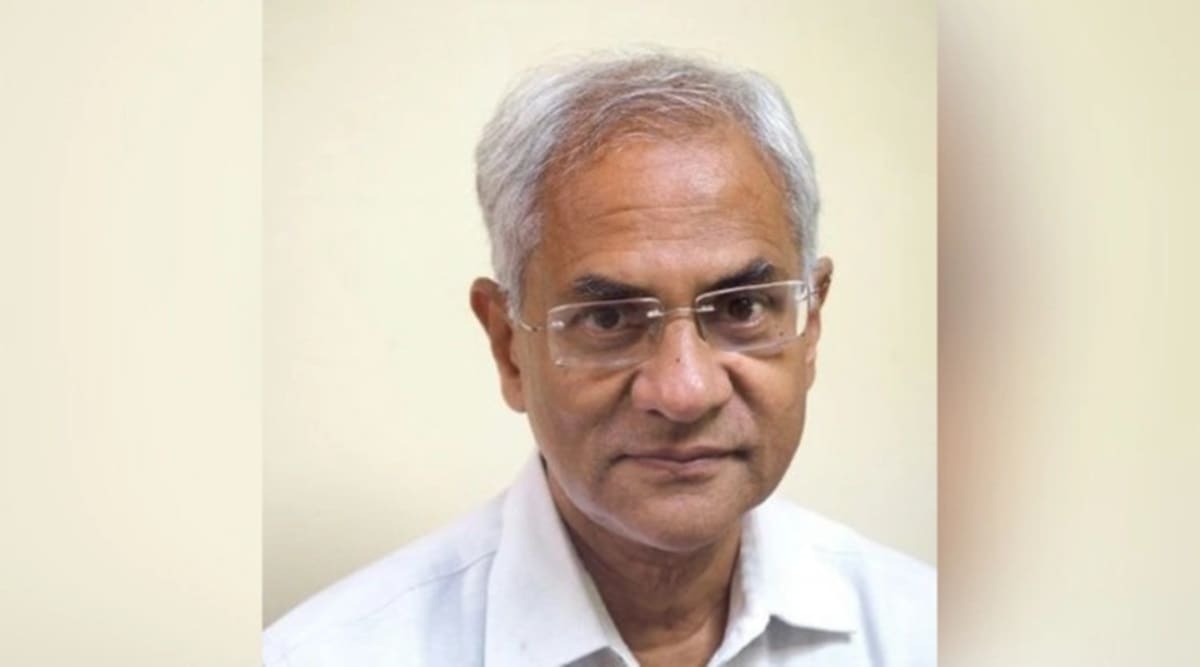He had a special passion for disabled children and the mentally ill, but he went to bat for anyone trying to ensure that the public health system delivered for those it was meant to serve.
I first met Keshav Desiraju over 20 years ago in a dusty, low-level government office in Dehradun. He sanctioned a Rs 1 lakh grant for a national conference the Latika Roy Foundation was organising for parents of disabled children. “What you’re doing is important. I wish it could be more. That’s the limit for what I can sanction without getting you into endless red tape,” he said apologetically.
Endless red tape and how to avoid it was the story of his life. As a government officer who rose eventually to become India’s health secretary, Keshav cut through the bureaucracy for so many of us. He had a special passion for disabled children and the mentally ill, but he went to bat for anyone trying to ensure that the public health system delivered for those it was meant to serve.
Others will record the facts of his well-known family and his illustrious career. My memories have to do with his unwavering support for my organisation and the cause of disabled children; of his passion for Indian classical music, his sense of the absurd and his eccentric and prodigious vocabulary (he described a friend I once sent his way as “fetching, but rather gormless”).

Keshav sat up straighter. He proceeded to ask a series of searching questions about the incidence of disability in Uttarakhand, the per child cost of providing early intervention and the long-term cost of not doing it. The result of that conversation was the approval of a grant for Gubbara, the first NGO-run early intervention centre in a government hospital in India, providing state-of-the-art services to disabled children in Uttarakhand.
He worked tirelessly to make Gubbara happen, fighting our corner in Uttarakhand and later in Delhi, where he was eventually transferred. But he never asked me for cute pictures or heart-warming stories. Every argument he made was based on economics, scale and hard data. He demanded numbers and he made it clear that when you are thinking about a whole country, you have to raise your game.
Ultimately, his commitment to the country was what cost him. Asked to sign off on a dubious appointment to the Medical Council of India, he refused and was transferred.
When I next met him, he was secretary for consumer affairs in a poky little office in the South Block, but as cheerful as ever. With no illusions about the nature of government work, he still believed that institution-building was the only way forward. Political parties would come and go, corruption would always be with us — but if we stayed true to the values of democracy, fairness and social justice, eventually good would triumph.
Watching Keshav run a meeting or deal with supplicants or handle seven things simultaneously was like walking into the wide-open blue sky. His mastery of his work, his powers of expression and his unerring sense of what was required were formidable. I never once saw him at a loss for words or wonder what needed to be done. He could cut through anyone’s ramblings to get to the heart of the matter in a flash, and I saw him do it again and again. It was a marvel of skill and eloquence. He was witty, generous and true. He kept his head down and did what needed to be done to make this a stronger, better country. India is poorer today for his loss.
The writer is the director of the Latika Roy Foundation, a non-profit for disabled children in Dehradun
Source: Read Full Article


